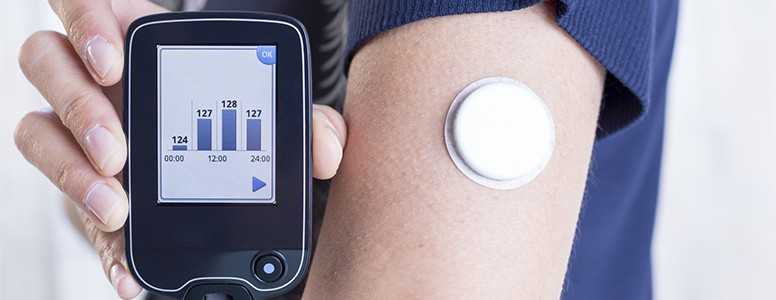A world-leading diabetes team has been awarded a £3m grant to conduct a study which could benefit patients, healthcare professionals and the NHS.
The research, which will be carried out in Sheffield, is one of the biggest grants ever given to a Sheffield Teaching Hospitals research team.
The three-and-a-half-year study, which will be carried out by the Sheffield Teaching Hospitals in collaboration with the University of Sheffield Clinical Trials Research Unit (CTRU), will involve around 400 people from eight UK centres, led by Sheffield.
The study team will look into the effectiveness of drugs given to people in chronic pain caused by diabetic neuropathy, and investigate which drug or combination of drugs is best to prescribe people with painful neuropathy, which affects the nerves.
Participants will be asked to undergo three different treatment pathways. A daily diary will monitor their pain intensity.
Researchers will also track mood, sleep, quality of life and functionality of people on the different drug combinations.
Professor Solomon Tesfaye, a consultant physician and endocrinologist at Sheffield’s Royal Hallamshire Hospital, and honorary professor of diabetic medicine at the University of Sheffield, is leading the research.
He said: “We need to know both what is the best treatment for patients and the most cost-effective.
“This research will help us to find out which patients and what kind of pain responds best to which drugs. Apart from improved pain management resulting in better quality of life for patients, it might also save the NHS a considerable amount of money in drug costs.
“This trial has a potential benefit to sufferers, carers, healthcare professionals and the NHS.”
At the moment healthcare professionals are not clear on what the best treatment is for people with diabetic neuropathy.
By determining the best drugs used to treat the condition, researchers think millions of pounds could potentially be saved on medication.
What's new on the forum? ⭐️
Get our free newsletters
Stay up to date with the latest news, research and breakthroughs.








